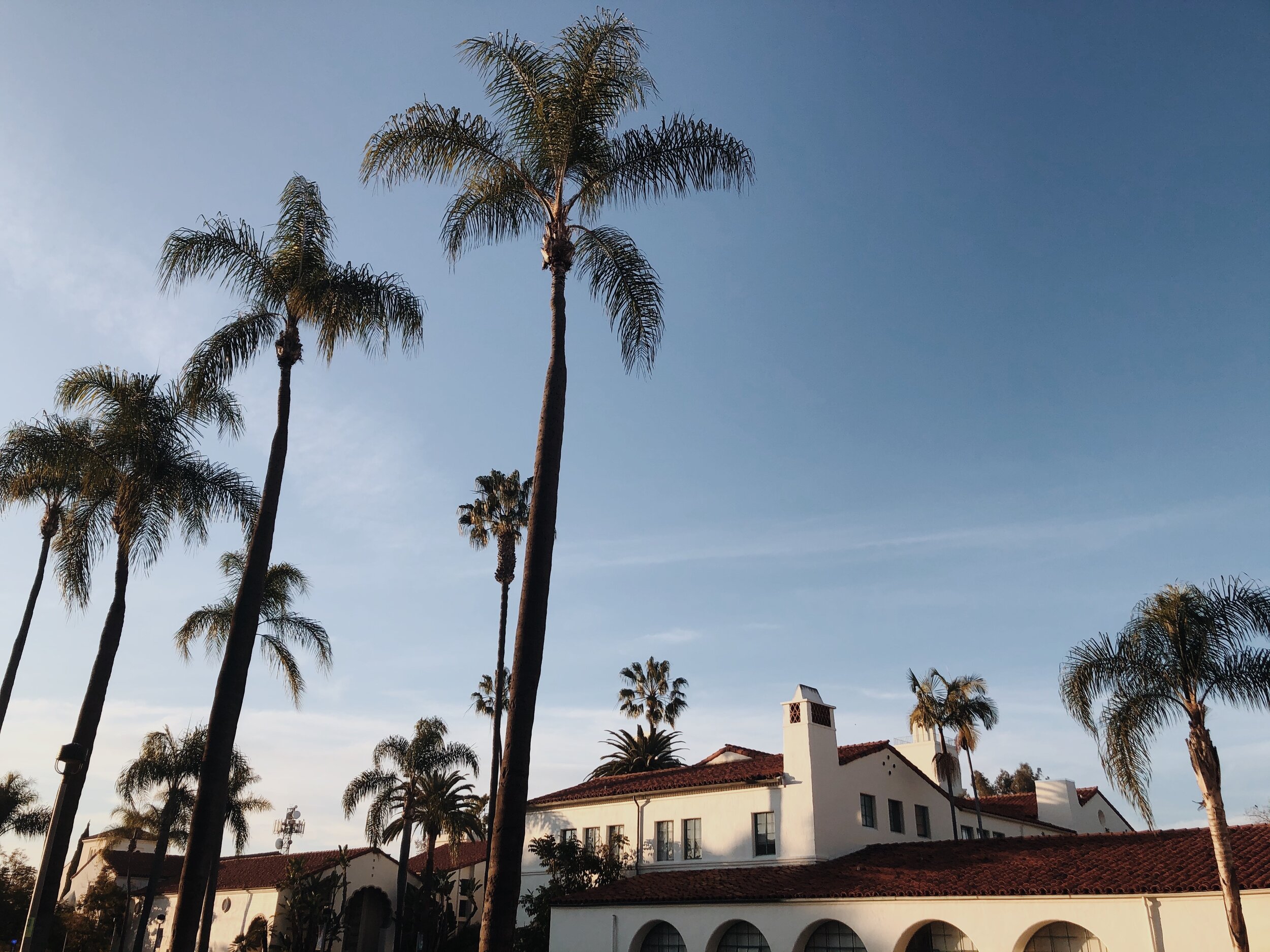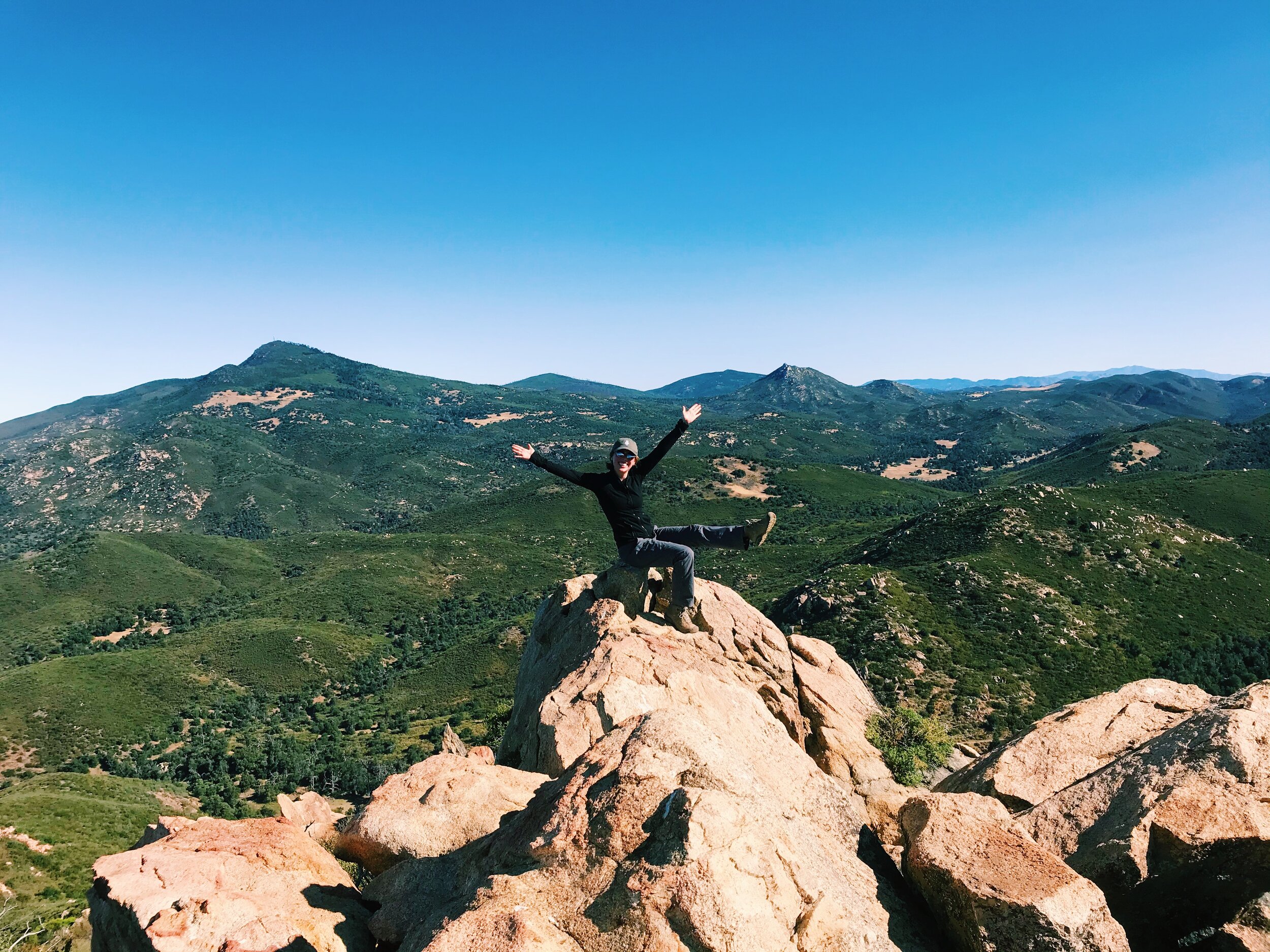
Rooted in STEM
Created by women biologists to share stories, advice, information, and opportunities for every person in STEM.
Follow us on Instagram & Twitter to stay connected!





















Artwork created by Emma Kumagawa
Latest Blogs
… I feel strongly that science has built my character and given me much of the resilience and problem-solving abilities that help me succeed outside of school in my personal and professional life.
I thought my career path would be linear, I now realize how grateful I am for coming to the realization that I am happy with my non-linear career path.
Memorization-based courses are an incredibly common phenomenon in a biology student’s path towards getting a degree. Armed with the right tools, studying and retaining information from these classes can be easier than you think. Below are five tactics that I used to learn information for fact-based classes:
The life of a science major can be overwrought with purely school-based activities if you let it. I found that it was paramount to set aside time to recharge and take a break from the intensity of school-work and class. Below are the most common ways that I would spend my time taking short breaks.
Today, I will outline the importance of studying among other students and seeking help in a course when you need it.
The stark contrast between the life of a student and that of a working (or currently unemployed) adult can be a bit abrasive, yet wildly limitless. In this post, I will be sharing my own journey of figuring out how I want to spend my working life and how I have been trying to productively fill this time.
You may not love to speak in front of others for any duration of time, but we all must do so at some point in our college careers.
Although my elementary school self would have traded anything to rid myself of dyslexia, I am wholeheartedly grateful for it now. The tenacity, humility, and wherewithal that dyslexia has taught me are some of the catalysts that have molded me into the person I am today.
In this blog, I want to share the relationship I have had with sleep and how it has evolved over time.
My goal is not to persuade you into thinking that a specific program is better than others, but to discuss the different factors you should start thinking about when deciding which programs to apply to.
The National Science Foundation’s Graduate Research Fellowship Program (NSF’s GRFP) is a highly competitive fellowship for graduate students.
To stay partially sane with added teaching responsibilities, make sure to ask yourself the critical question of just how much you should take on.
These grad school interviews are right around the corner, and I want to share some tips that helped me prepare for them.
You might have heard of the ‘qualifying exams’ that graduate students need to take. You might be curious to learn more, or perhaps you’ve even taken the qualifying exam at your university…
When you’re accepted into graduate school, whether it’s a Ph.D or Master’s program, you’re likely to hear two things…
I was a teacher's assistant (TA) in the winter of 2021 and due to the global pandemic, it was all done virtually.
A few weeks ago, I was able to attend a Q&A-style seminar with Dr. Kanchana Ravichandran, a senior scientist at Moderna, about “Breaking into Biotech.”
In this blog I will dive deeper into how a rotation works and the purpose they hold.
In December 2020 my first rotation of grad school had ended and I began to reflect on my experience.
After years of conducting scientific research in many different labs, I compiled little summaries about positions available in research labs.
I recommend taking advantage of the opportunity to develop a project in your undergraduate years because you will learn countless new skills through your experience in the process.
When I started this position, I had no foresight into the exact specifics of my role to play in these projects.
There is incredible value found in being involved with lab work as an undergraduate.
There is something really special about a summer internship where you meet a bunch of students from across the country interested in the same field as you, spend all day learning in a lab, and then hang out and discuss your current research projects with your new friends, all while not having your typical coursework to worry about.
The American Academy of Underwater Sciences (AAUS) offers certification to become a scientific diver. Essentially, the student reviews diving skills learned in their Open Water Certification and learns a broad set of new skills to apply in a setting with scientific goals.
In this blog I will focus on how to join a research laboratory at your home institution by sharing my experience. Of course, there are many ways to find a lab you will love, but this is simply how I did it.
The Green New Deal (GND) proposals are one of the principal globally-recognized actions addressing climate change and social justice, that call upon public policies to achieve each step.
I have always leaned closely into the natural world. My greatest state of happiness exists when I am immersed in it…
Composting is arguably one of the best things you can do if you want to be more sustainable, and it doesn’t have to be a complicated thing - it’s actually quite simple.
In this blog I want to share the ways in which I attempted to reduce my own carbon footprint while I was in college.
Although I have hit many roadblocks when it comes to swapping unsustainable habits for more earth-friendly ones, the trial and error of these endeavors has helped me to create a systematic way of assessing my environmental footprint. In this post, I will be sharing the ways that I approached starting a sustainable lifestyle.
After connecting with a small group of people who were looking to start a new affinity group geared towards the Latine community, Estamos Aqui, Somos Latine (EASL), which translates to, “We Are Here, We Are Latine,” was born. As a part of EASL’s leadership team we developed one of the largest affinity groups at the Allen Institute, planning cultural events, hosting keynote speakers, and brainstorming outreach ideas. Most valuable for me, I had found a community of hardworking, like-minded people who allowed me to share an important part of myself.
At the very beginning of 2021, I decided to reteach myself how to properly type. I had just graduated college in December 2020 and was in need of a project to work towards while sorting out my life plans. I was motivated to eventually hold a position as a medical scribe, but I was utterly unable to type without looking at the keyboard for every single stroke. In all honesty, I had never formally learned how to type.
Almost a full month has passed since I started working as a laboratory assistant in a medical-oriented lab! In the past 30 days, I have learned a boundless amount of protocols and procedures while also making a substantial amount of “learning moment” mistakes. In this post, I will recap the top five takeaways from my new job.
In a spontaneous, rapid, and borderline unbelievable turn of events, I find myself writing this post in a brand new state with a brand new job.
This will be a brief post about what I’ve learned thus far in the job searching process.
Although some were time-extensive, each position allowed me to form opinions about future career paths and proved to be learning opportunities for understanding myself and my aspirations.
Although some of us may dread the very existence of interviews, it is an experience that almost every person must conquer at some point in their life.






































In college, I put school first. Nothing came before homework or studying for exams, and of the list of things that I focused on once a midterm was over, self care was the last on the list.